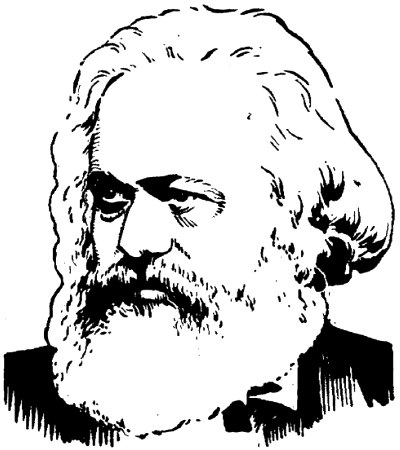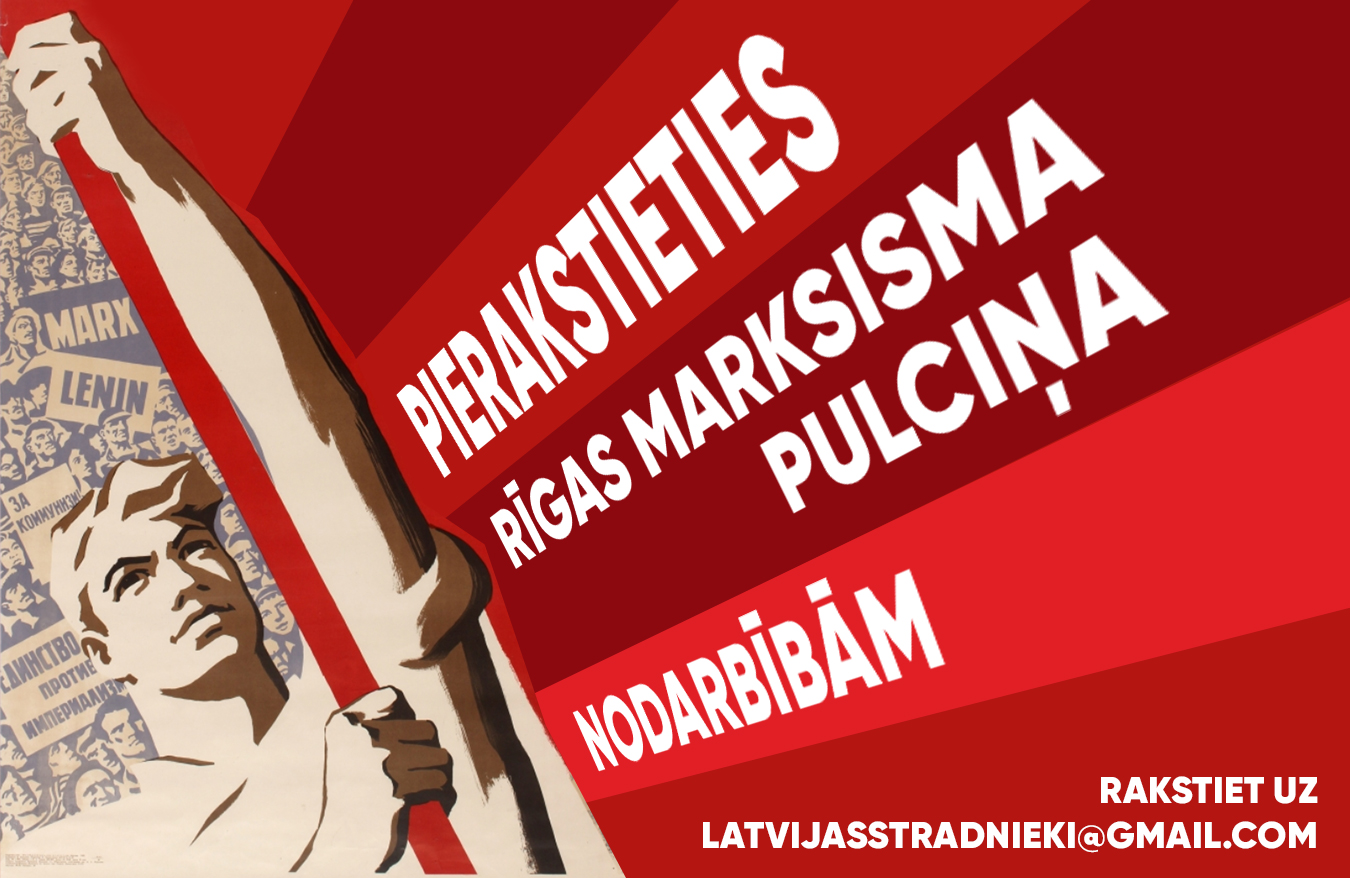Karl Marx was born on May 5, 1818.
To every conscious worker
Economic ideas of Karl Marx
Marxism can be seen as the development of classical political economy in the part where the foundations of the labor theory of value are examined.
Taking as the starting point of his research the statements of economists Adam Smith and David Ricardo that the basis of the cost of all goods is the amount of labor expended in their production, Marx created a fairly coherent theory that describes the laws of the functioning and development of the capitalist economic system. He showed how capitalist production follows logically from simple commodity production, the purpose of which is consumption and where money is only an intermediary in the exchange, where the goal is to increase money and make profit.
Why it happens? Marx begins his study of this process by studying the nature of commodity production. Like representatives of classical political economy, Marx distinguishes between two sides of a commodity: use value and exchange value. The first is understood as the ability of a thing to satisfy any human need, the second is the ability of a thing to exchange in certain proportions for another product. The value of the goods is determined by the socially necessary labor costs or the costs of the group of producers that produces the goods at an average level of skill and labor intensity for a given society. In other words, the cost is determined by the costs of the group that produces the vast majority of the products.

Having studied the nature of the product and formulated the law of value, Marx proceeds to the study of the nature of money. Money is a product that spontaneously stood out from the entire mass of goods and began to play the role of a universal equivalent, an exponent of the value of all other goods.
Money is the only product that does not need to prove its necessity, it is a universal means of payment and purchase, and therefore everyone strives for their possession. In the process of developing commodity production, many goods “claimed” the role of money, but as a result, this role was assigned to precious metals. It should be emphasized that money cannot exist outside a certain system of economic relations, namely commodity exchange relations. At the same time, Marx answered the question, why does money have such power over people?
Money is the final product of the development of simple commodity production and at the same time is the first form of existence of capital. As already mentioned, its initial form is trade and usurious capital. Capital, according to Marx, is not just money, it is money that brings additional money, it is “value, bringing added value.”
Both Smith and Ricardo believed that labor was the only source of value for goods. But then it is logical to assume that the source of profit or self-growth of capital is the appropriation of part of the worker’s labor and it remains to be recognized that in a capitalist economy the worker receives less than what he produces with his labor.
Only two conclusions can follow from this: either the fundamental law of commodity production (exchange equivalence) is violated, or other factors of production participate in the creation of value along with labor (in the final analysis, A. Smith took this position). Marx tried to solve this problem as follows. In his opinion, the product is not labor, as both Smith and Ricardo believed, but labor (ability to work). Like any other product, labor has value and consumer value (usefulness). The first is determined by the labor costs necessary for the reproduction of labor, that is, the cost of a certain set of goods and services necessary for the life of the employee.
In the production process, the worker creates a value greater than his labor costs, which comes down to the cost of means of subsistence. This is possible because the cost of labor is determined by the amount of labor necessary for its preservation and reproduction, and the use of labor is limited only by the working capacity and physical strength of the worker.
That is, even in conditions of equivalent exchange, the existence of profits and rents is natural, which, nevertheless, are nothing more than the appropriation of unpaid labor of a worker, essentially exploitative income. Hence the assertion that capital is the accumulated unpaid labor of wage workers.
Marx pays great attention to the principles of the distribution of the results of unpaid labor of workers (what he calls surplus value) between the various classes of capitalists, the analysis of specific forms of surplus value: profit, interest, rent. At the same time, he constantly emphasizes that rent, interest, and industrial profit are just different names for different parts of the surplus value of a commodity, or unpaid labor embodied in it, and all of them are drawn to the same extent from this source, and only from it alone. Neither rent nor interest is generated by land and capital as such. Developing the theory of rent by D. Ricardo, Marx proves that rent exists even on the lands of the worst quality (this rent was called by Marx the name of absolute rent).
It is interesting to note that for Marx, as for Smith, the process of capital accumulation does not depend on external conditions (profit margins, loan interest rates), but is an automatic process. In other words, the desire for accumulation, for the relentless pursuit of profit for the capitalist in the blood.
These, as well as a number of other ideas, were presented by Marx in his famous work “Capital,” which he wrote for 40 years, with only the first volume published during the author’s lifetime (1864), the rest of the volumes were edited by a friend and ally of Marx Friedrich Engels.
